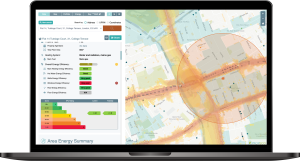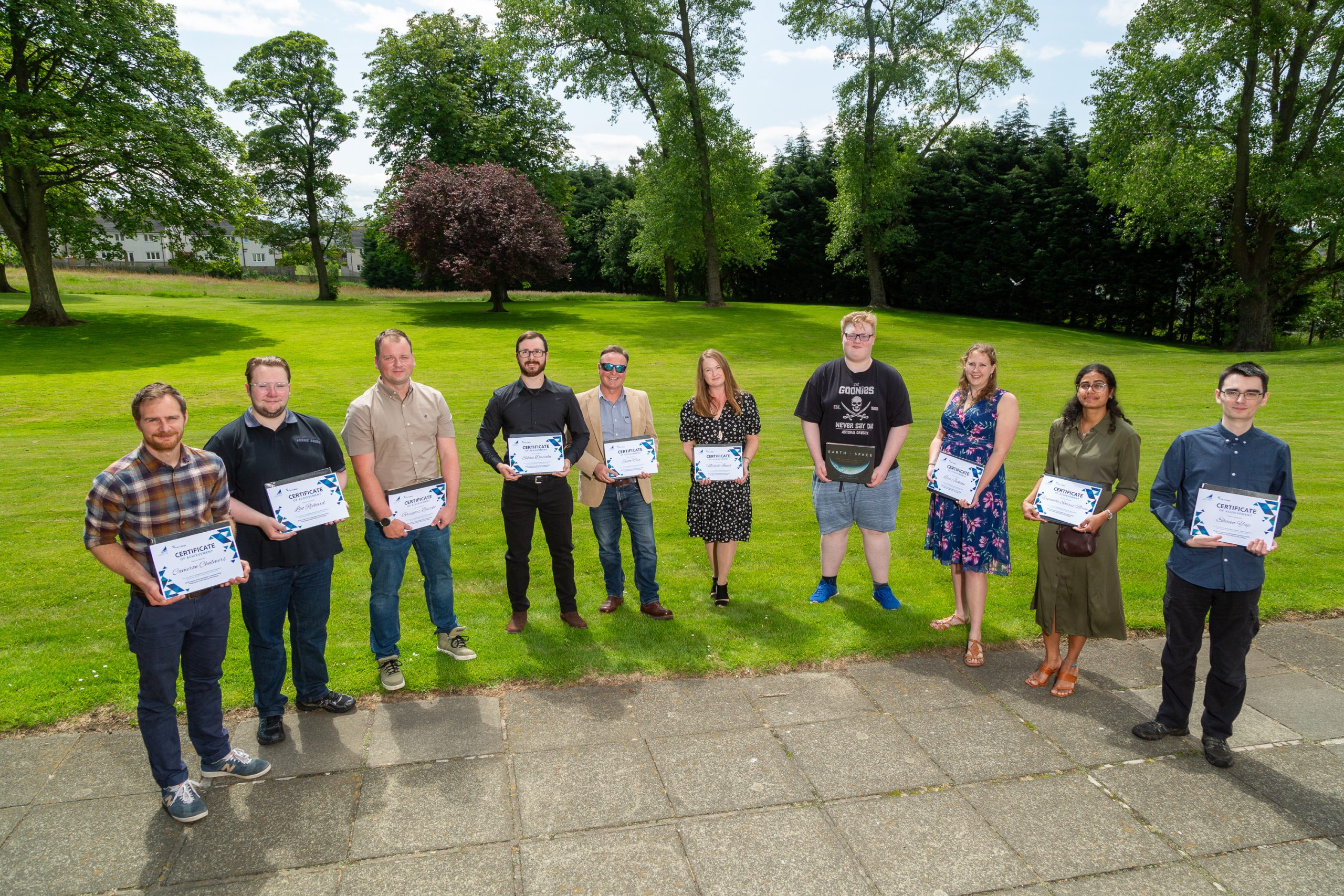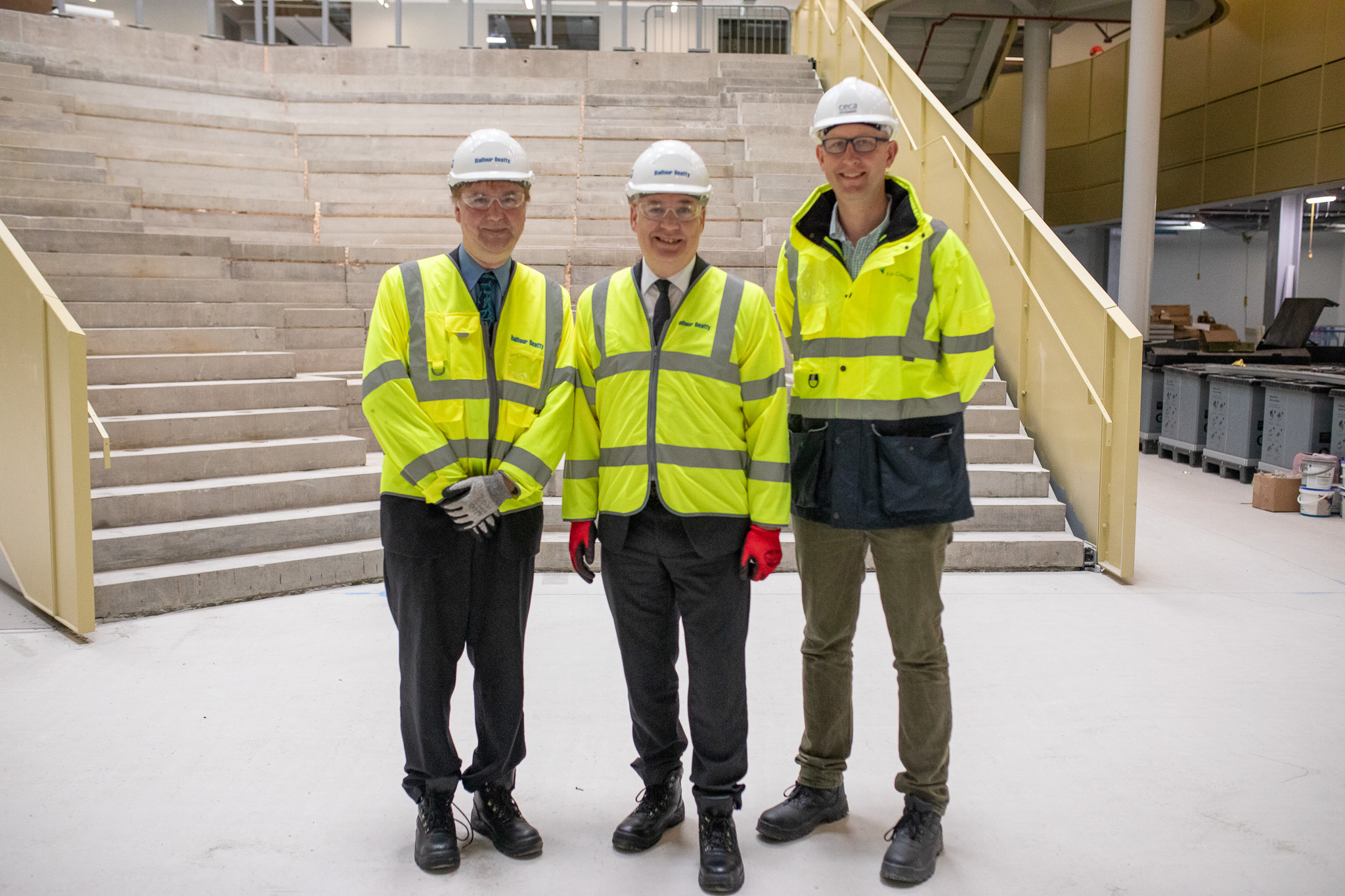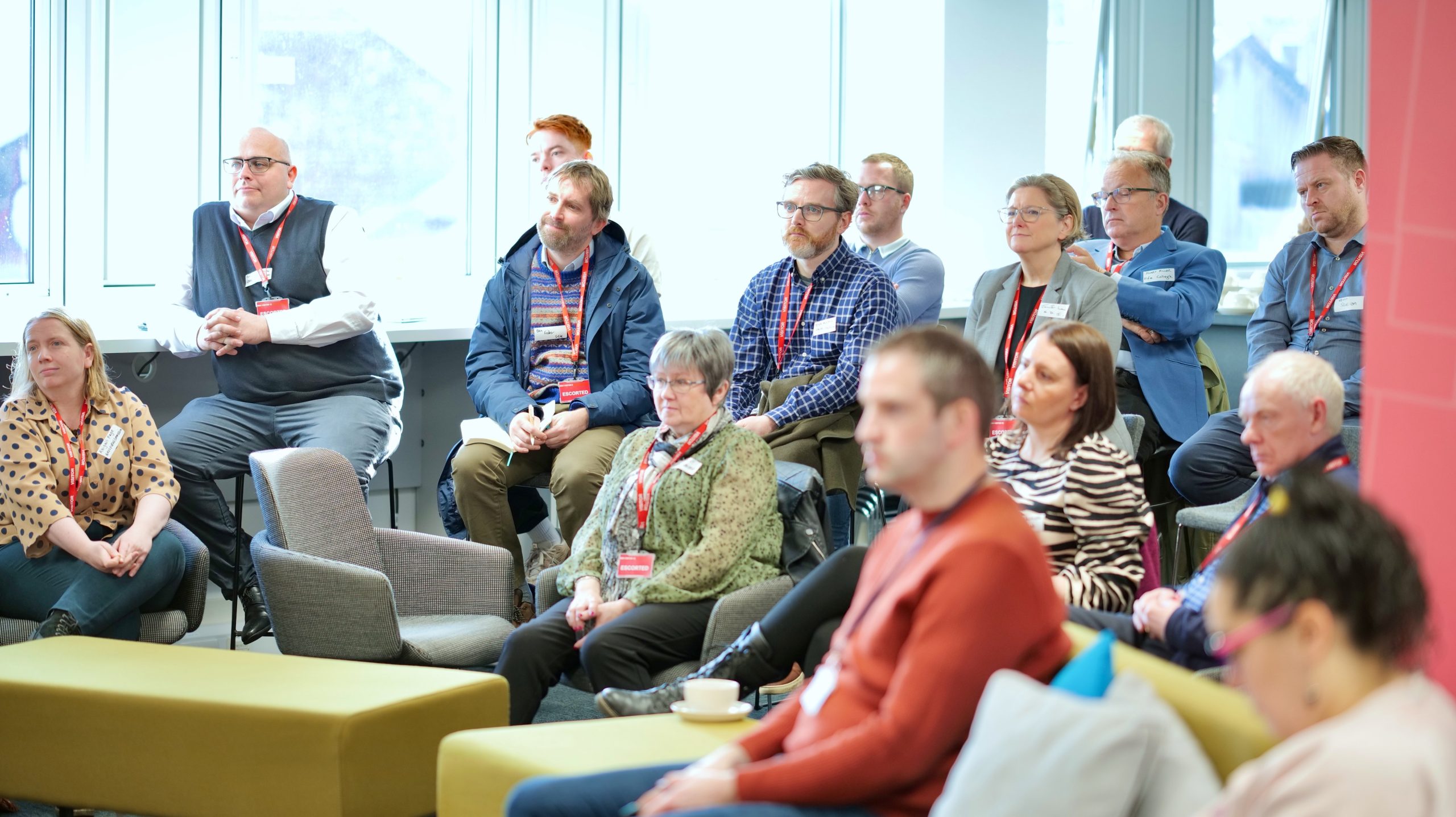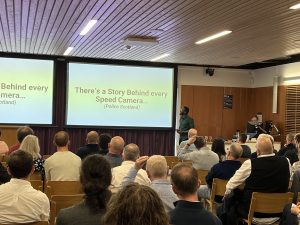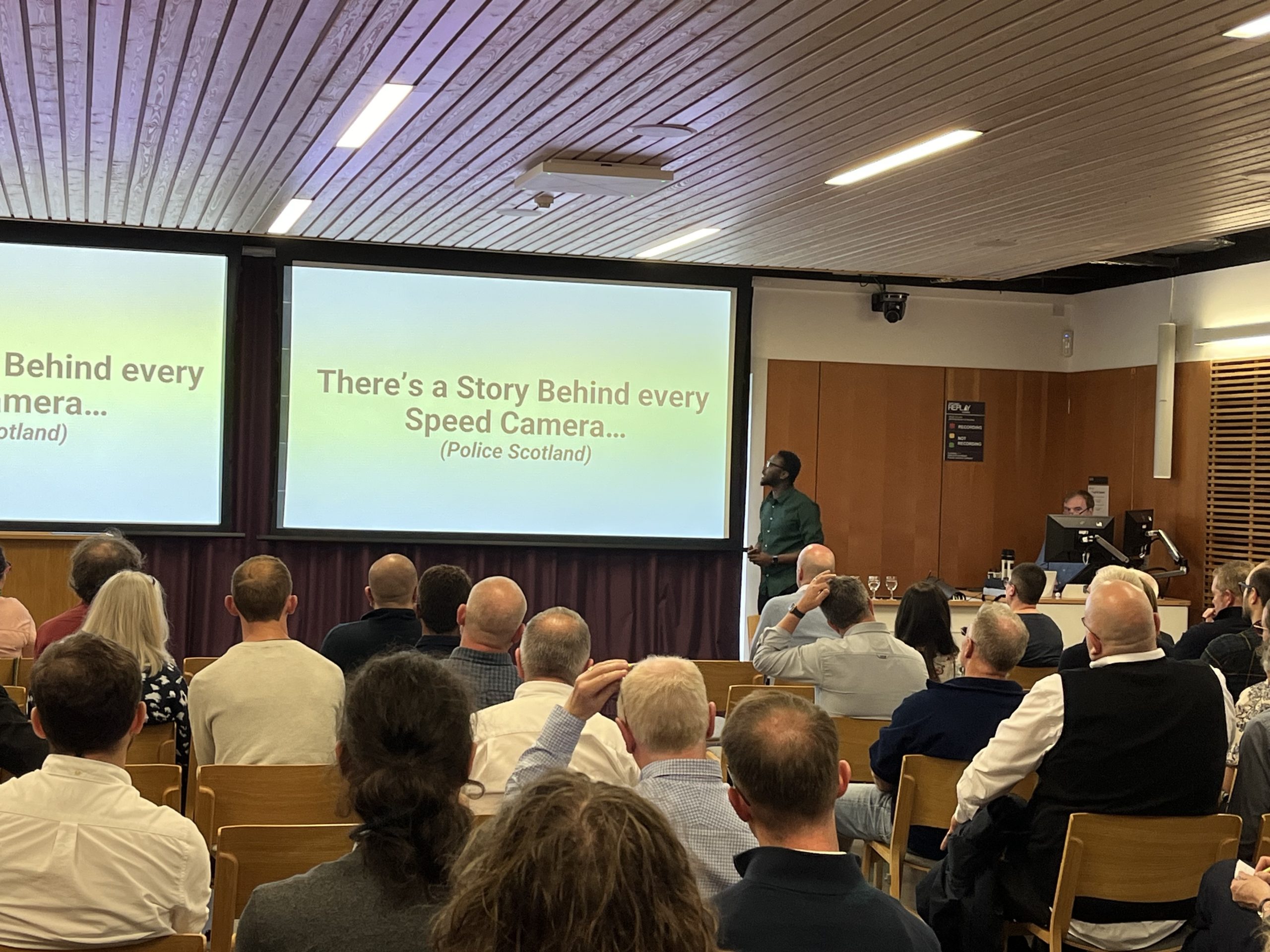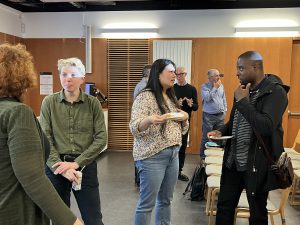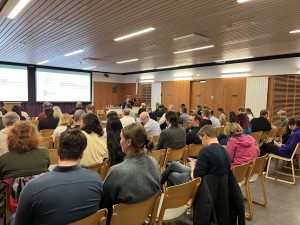
Pitch, People and Process: What PropEco Learned Raising Their First Round of Seed Funding
 When, in the summer of 2024, Glasgow-based PropEco announced a £275,000 seed round led by London VC Symvan Capital, with the University of Strathclyde’s Inspire Entrepreneurs Fund participating, it wasn’t the end of a story, it was just the start of their journey.
When, in the summer of 2024, Glasgow-based PropEco announced a £275,000 seed round led by London VC Symvan Capital, with the University of Strathclyde’s Inspire Entrepreneurs Fund participating, it wasn’t the end of a story, it was just the start of their journey.
Founder & CEO Chris Hardman is quick to downplay any “we’ve made it” claims. What follows is a practical, warts-and-all account of how PropEco navigated its investment raising journey through Chris’ eyes: why they did it, what worked, what didn’t, and what they would do again.
Why raise at all?
After a couple of years navigating through accelerators and applying for various types of grant funding, PropEco had moved beyond prototype to a “version one” of its climate- and wellbeing-risk analytics platform for property professionals, lenders, and insurers. Grants helped, but they were restrictive, short-term, and time-intensive to secure, often only offering small pots of money.
“You put as much effort into getting a grant as you do into raising investment… It’s hard to rely on grant funding longer-term.”
Equity funding offered something grants couldn’t; the ability to develop a strategy and plan across years, not months. It provided the ability to hire key people, invest in marketing, and keep conversations with large customers alive long enough to convert. Just as importantly, it reduced founder pressure by enabling a salary runway, freeing their attention to build the business rather than chase the next grant call.
The headline lessons
1) It’s all about the people
At seed stage, investors are mostly backing teams. Markets evolve, products pivot, and software moats are rarely impregnable. Credibility comes from what the team has shipped already. Things like accelerators entered, grants delivered against, early customers onboarded.
What investors are really interested in is… “… How credible are these people? What have they achieved so far?”
Warm introductions mattered. Our experience showed that the same pitch-deck that went unanswered months earlier received traction once routed through a warm, trusted contact. It is essential to start relationship-building with the investors, long before you need money. If you do, it definitely pays off.
Takeaway: Start investor conversations early and nurture relationships so your pitch-deck arrives with context, not cold.
2) Look beyond Scotland
PropEco began with the Scottish angel networks (as many Scottish startups do) and had mixed experiences. Their experience highlighted that some investors were more comfortable with conventional, easy-to-understand businesses; another required days of paperwork before bowing out due to a perceived portfolio competitor.
The lead investor they ultimately partnered with, Symvan Capital, is London-based, more comfortable with tech risk, and better matched to PropEco’s profile.
Chris highlighted “Scottish startups need to break out of the ‘only Scottish investors’ mentality if they want to find the best fit. There are investors with deeper pockets and higher risk appetite in London and the US and they understand the potential of technology businesses like PropEco”
Takeaway: Optimise for fit and fundability, not geography. A similar amount of effort can secure a far larger cheque from a better-aligned investor outside your local ecosystem.
3) A really good pitch deck is non-negotiable
PropEco iterated their deck relentlessly. Early DIY versions “felt fine at the time,” but looked amateurish in hindsight. Spending a few hundred pounds with a designer made a tangible difference in first impressions and presenting the brand professionally.
“Consider what the investor thinks when they see your pitch-deck. Does it convey what you do, who are the people behind the company, what difference will their investment make and how will they benefit.”
Feedback was sought widely from family, friends, advisors, and founders to question their claims, identify missing context, and sharpen the story.
Practical tips for your deck
- Lead with the problem, why now, and why you (proof points).
- Show evidence of demand and traction (letters of intent, pilots, community, non-paid usage). Revenue helps, but it’s not the only traction.
- Keep a clean, up-to-date financial model, ready the moment interest sparks.
- Pay for design polish. It’s a small cost with outsized impact.
4) Traction vs. vision: don’t lose focus
Many investors asked for traction. Sensible, but potentially a trap if it pushes you to chase the fastest revenue rather than the right route.
Chris’ advice, “demonstrate demand creatively (active users, pilots, pre-orders, waitlists, community engagement) without derailing the core idea you set out to build. Don’t let fundraising knock you too far off course. Short-term traction that isn’t aligned can create longer-term problems.”
5) The timeline: about six months of active fundraising
PropEco put out early feelers to investors to ‘test the waters.’ Due to early investor feedback, they paused their activity for six months to build traction and onboard their first customers, then actively fundraised over a six month period.
Takeaway: Plan for fundraising to take longer than you expect. Start earlier than feels comfortable, and if you can, raise more than necessary as a buffer can save you from unexpected shortfalls.
6) Fundraising is real work (and it doesn’t stop when the money comes through)
Investment adds reporting and board cadence, but PropEco’s investors have been “hands-off supportive”. They are responsive when asked (sharing contacts, tapping into their experience), but light on day-to-day engagement.
Closing an investment round is not an exit, it is permission to execute and the obligation to start thinking one step ahead.
“The fun never stops. You have to think ahead to what’s next almost immediately after the money lands, but it gives you time to start working on your product/innovation and building customer engagement.”
What they would avoid if they did it again
Pay-to-raise services. The team trialled one of the many firms promising mass outreach to investor lists. The result was low-quality, spammy outreach, minimal engagement, and potential relationship damage.
Takeaway: Build your own pipeline. Curate targets, encourage warm intros, personalise outreach. It’s slower, but far more effective and protects your brand.
Context: what PropEco is building
PropEco’s platform analyses transition climate risks, physical climate risks, and wellbeing impacts at property level, from evolving flood exposure and air quality to retrofit potential using AI across thousands of (often proprietary) data sources. Outputs span API access, portfolio assessments, browser-based tools, and property reports.
Their investment injection accelerated hiring and product development and set the foundation for international expansion over the next year.
Final advice for founders
- Start early, play long. Build investor relationships months before you need capital.
- Invest in the deck. Story PLUS design wins you the meeting.
- Optimise for fit, not postcode. Don’t self-limit to local investors, there is more opportunity outside Scotland.
- Show demand without derailing. Build traction without deviating from your innovation.
- Budget more time and money. Fundraising and sales both take longer than planned.
- Choose value-add investors. Money is necessary, however network and sector alignment are differentiators.
PropEco’s raise wasn’t a victory lap, it was a runway extension to build something meaningful with the right people, the right partners, and a pitch that does their ambition justice.

